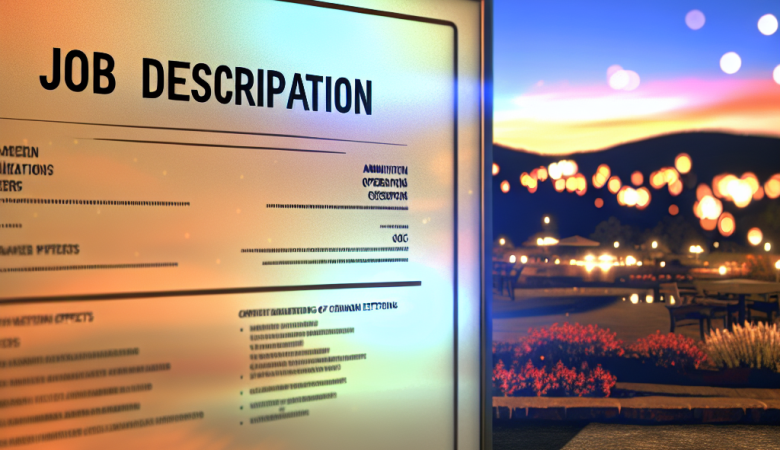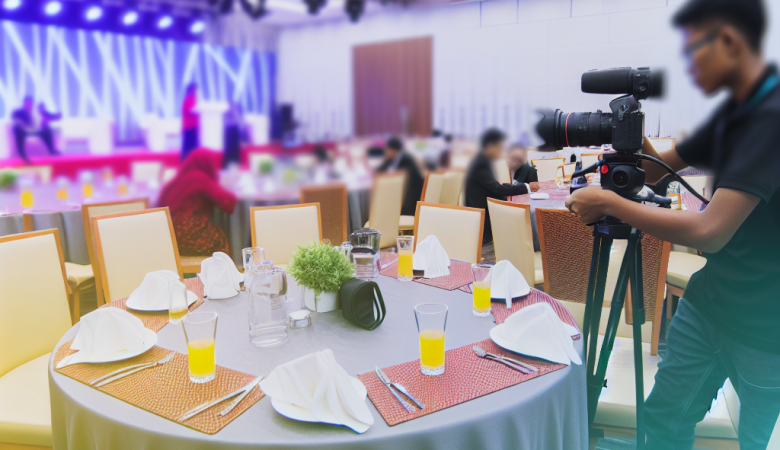Table of Contents
ToggleAn interview to pass? Prepare well, because not all job interviews are the same.
If you are new to the workforce or have been in the same job for a long time, you may tend to believe that all types of interviews are the same. Well no! There are different types of interviews, which differ in both form and substance. And to be well prepared, you have to know them well. The article Intelligent Staffing discusses 8 types of interviews you may have to go through and suggest the behavior to adopt for each one.
Types of interviews
Informational interview

This interview is not a job interview. Rather, it is a chance for potential candidates to meet one or more professionals to find out about a career opportunity. In addition, it allows you to create new relationships.
Of the types of interviews, this is certainly the least stressful. But you still have to prepare yourself well. In particular, by learning about the company and by preparing questions to ask your interlocutor.
When the interview is over, don’t forget to greet the recruiter correctly, and send your thanks in the days that follow.
Selection interview
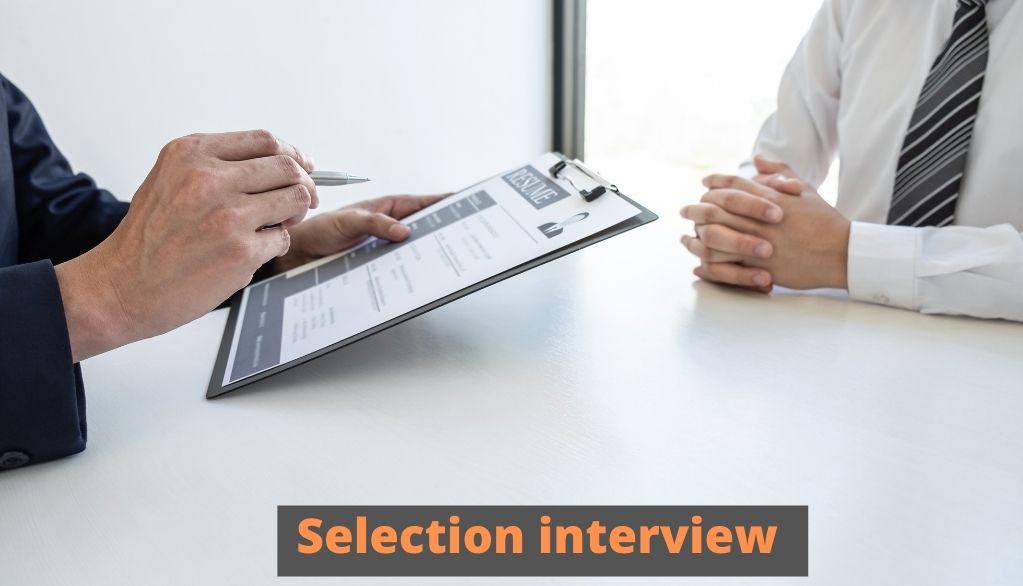
Some companies are more difficult to integrate than others. Sometimes you have to pass a selection before you even meet the recruiter. The purpose of this additional step is to do the first sorting and to save time.
During these interviews, the human resources employee interviewing you will be looking for inconsistencies and blurred periods in your career. He may also ask you what salary you want. It checks to see if the company can afford to employ you, or if you are asking for more than you are worth. This type of interview can be done over the phone, so be sure to keep your resume and references handy.
The tests
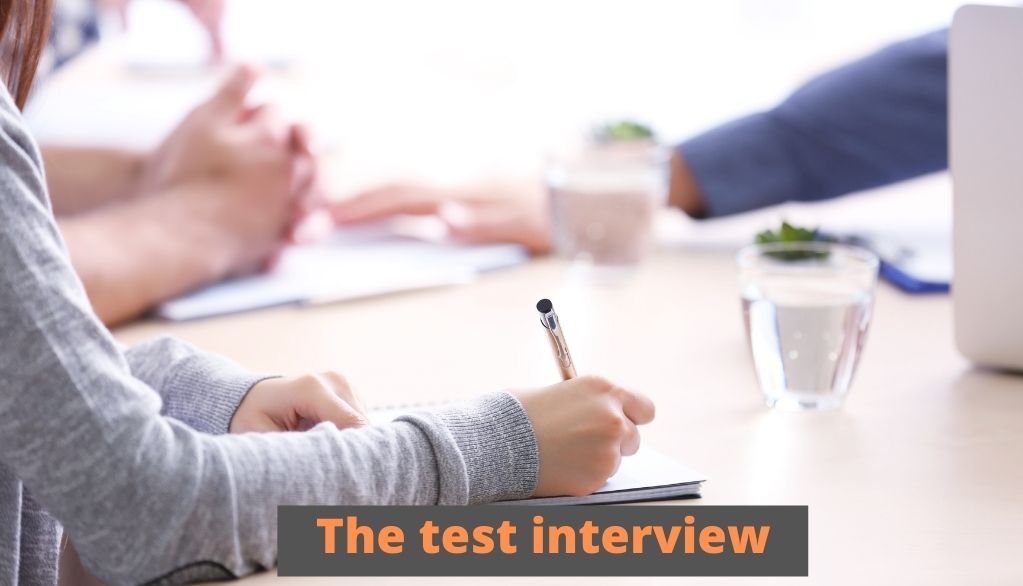
Yes, some jobs like engineering positions require you to pass one or more tests, at the time of your interview, to be hired. The goal is to quickly assess your skills and see if you are able to find the solution to a problem quickly in pressurized situations. Therefore, you should always review the knowledge and skills required for the job before the test interview. Also, don’t be shy to ask for clarifications when you feel they are needed. You will be able to be more precise in your demonstrations and answers.
Group interview

In this type of interview, you will be interviewed at the same time as other candidates. In the various types of interviews, this is the one where you will have the most to demonstrate that you are a good team player. Eh yes! contrary to popular belief, the goal is not to try to plant your opponents, but rather to collaborate with them.
Indeed, recruiters who take this type of job interview will usually make you solve a problem with others. The idea is to identify your talents, qualities, and skills. Leadership, the ability to find solutions, willingness to work in a team, ability to maintain a balance between listening and proposing …
Interview with many recruiters

You then find yourself seated at the end of a large table around which two or more recruiters are scrutinizing you. The purpose of this type of interview is to have the point of view of several members of the company on a candidate. It is not only your career and skills that will be analyzed, but also how you get along with the rest of the company team.
To make a good impression, here are some tips! Ask for the names of those interviewing you so that you can call them by their first name during the interview. Look whoever you are talking to in the eye. them in the eye when you talk to them. Of the various types of interviews, this is the one where you will need to tell stories the most. Eh yes! you have to impress the gallery. Also, make sure you get a good night’s sleep before the interview, as you will need to be very alert. It takes a lot of energy to be interviewed by several people at the same time.
Meals interview
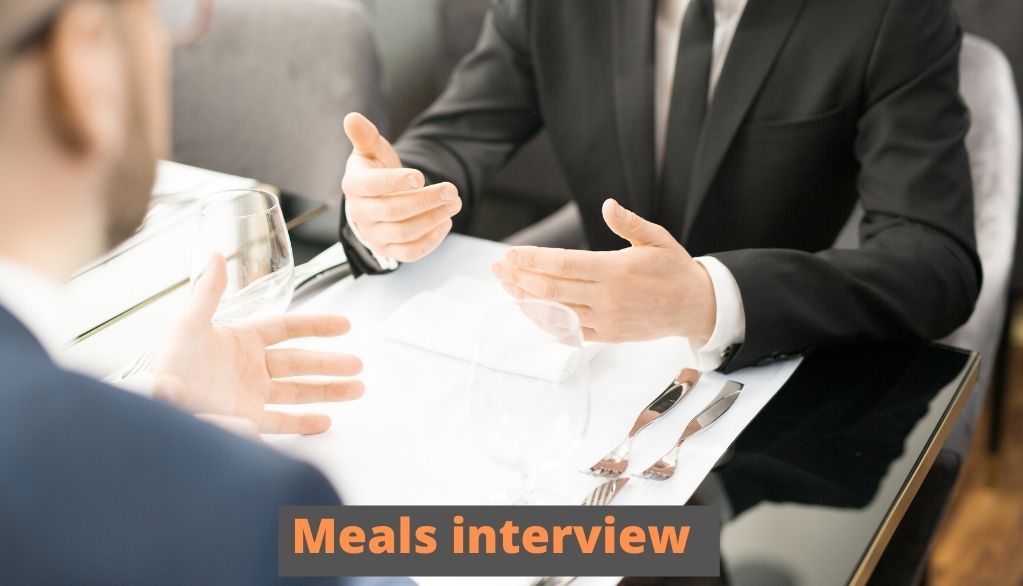
As the name suggests, this interview takes place over a meal. This kind of interview is preferred in the case of positions requiring good interpersonal skills because a meal is an opportunity to see how you act in a social environment. So, to impress your recruiter, order something easy to eat to avoid sounding like a little pig, match your attitude to that of the recruiter (sit down at the same time as him, don’t order alcohol if he doesn’t. don’t, etc.), don’t talk about diets or food preferences, let the recruiter choose the topic of conversation, and don’t forget to thank them for the meal.
Stressful interview

The stressful interview allows the recruiter to see how a candidate behaves when put under pressure. Thus, we can let you wait for the candidate for a very long time in the waiting room, ask him strange or even inappropriate questions, keep long silences, throw cold glances, etc. To be successful in this kind of interview, keep in mind that it’s a test, not a fight. Stay focused on your goal, and most importantly, stay calm.
Behavioral interview
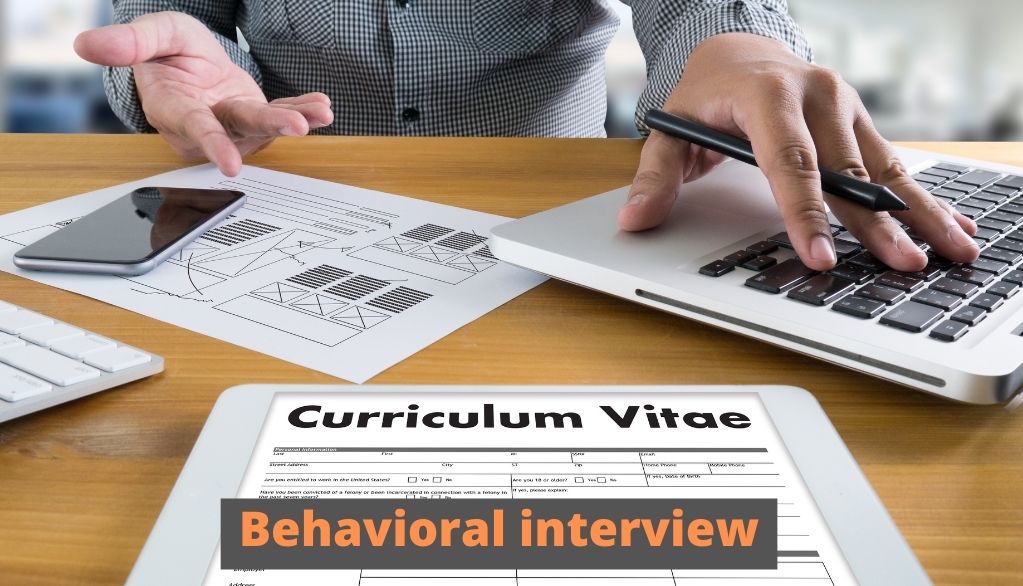
The objective of the behavioral interview is to analyze your past behavior, to determine your future performance. The recruiter may therefore ask you how you have handled past experiences. So, it’s best to go over your CV before the interview and prepare concise, but relevant stories to show how you’ve handled certain situations in the past.
Now that you are aware of the different types of interviews to which you could be invited, all that remains is to wish you:
Good luck!



